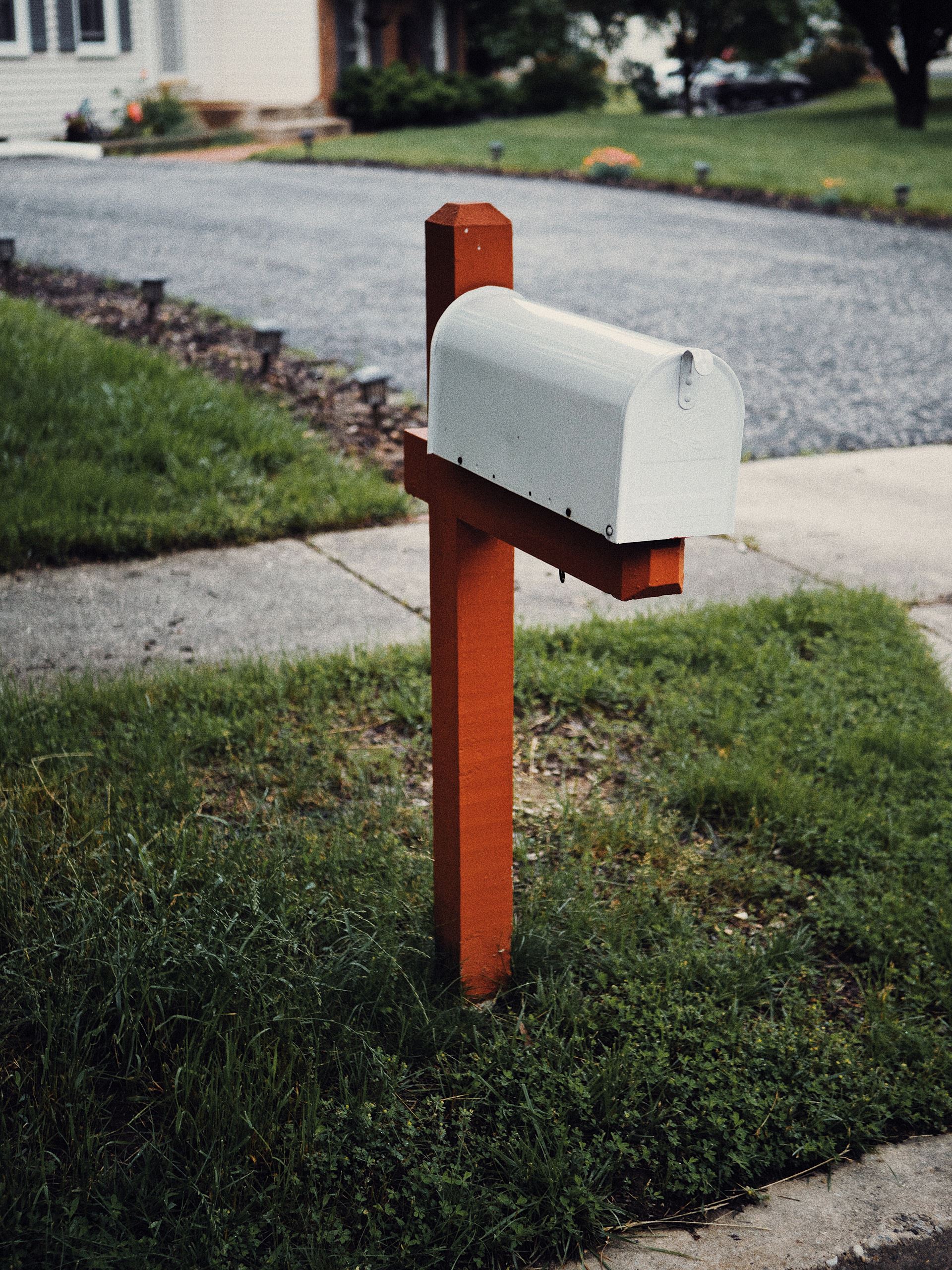Can I access the records for a family member or someone I care for?
Proxy access lets people access medical services for someone in their care.
Please see further details on Proxy Access below.
GPs will be decide whether proxy access is in the patient’s best interests.
What can I do if there is incorrect information on my record?
You can speak to your practice to correct information on your record.
For factual changes (incorrect allergy or medication), GPs can amend your record.
If you disagree with information on your record (for example, how a mental health concern has been described), there is an option for the GP to note your disagreement.
Will it be possible to view records of a deceased person?
No - viewing a deceased person’s records is not possible. If you want to access a deceased person’s records, you must apply in writing to the record holder under the Access to Health Records Act (1990).
What actions can I take if I can’t access to my records?
There are several reasons why a GP might decide you should not have access to their records. This is usually because the practice believes there is a safeguarding risk to you or another individual if you have access.
You can contact your GP if you feel you should have access to your records.
If you disagree with your GP’s decision, you can complain through your practice’s complaints process.
What support will be given to understand technical language?
NHS England is working with GPs to help them understand these changes and be aware that patients can read information that has been put into the health record.
Where possible, GPs have been encouraged by NHS England to use terminology and language that can be understood by everyone.
What safeguarding procedures are in place to protect victims and survivors of domestic or sexual abuse?
People who have experienced, or are experiencing, domestic violence or sexual abuse are potentially at risk from changes to patient record access. A coercive partner may force an individual to show their health records when they do not want to.
Where a GP suspects domestic violence, they can hide or ‘redact’ sensitive information. Where possible, a GP will speak to you about this. If a conversation isn’t possible, they can switch off access.
When patients get treatment for sexual abuse or trauma, NHS England encourages GPs to discuss whether or not they would like this information included on their online health record. This redacted information would be visible to the GP but not to the patient.
The NHS App has security protocols, including user identification when the app is installed. Users will usually have to log in with a password and thumbprint, and advisory messages pop up before patients access their records.



